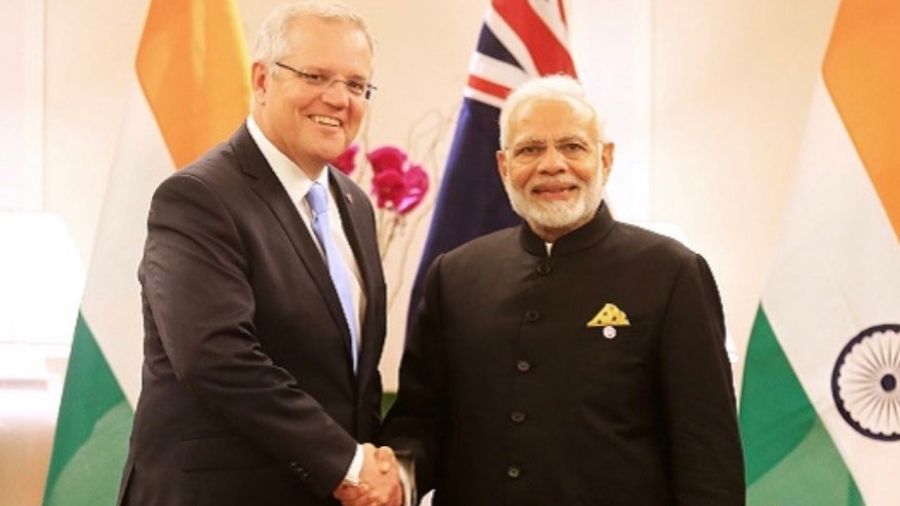Australia held high-level talks with Facebook on Friday after the social media major drew global flak by blocking news for the country’s users, as it would be required to negotiate with media publishers and compensate them for the content that appears on their sites.
Prime Minister Scott Morrison urged Facebook to move “quickly past” its “threatening behaviour”, and “come back to the table”.
Talking about the issue, he said he had discussed it with Prime Minister Narendra Modi and his Canadian counterpart Justin Trudeau. The topic will be also discussed with France and Britain.
“People are looking at what Australia is doing,” he said.
“The blockade has escalated a fight with the government over whether powerful tech companies should have to pay news organisations for content,” he added.
“The idea of shutting down the sorts of sites they did yesterday, as some sort of threat well, I know how Australians react to that and I thought that was not a good move on their part,” Morrison told reporters.
Australian news organisations could not post stories and people who tried to share existing news stories got notifications saying they were blocked from doing so.
There was public outrage at how the Facebook blockade was bungled, cutting access at least temporarily to pandemic, public health and emergency services.
Newspaper headlines included: No likes for unsocial network, and Faceblock.
An article about how fake news would replace credible journalism in Australian feeds carried the headline, 'Fakebook' shows all it cares about is profit, not people.
Some non-Australian outlets also appeared affected, with posts disappearing from Facebook pages belonging to Britain's Daily Telegraph and Sky News. Both share names with news outlets in Australia.
The blockade was a response to the passage of a bill by the House of Representatives on Wednesday night that would make Facebook and Google pay Australian media companies fair compensation for the journalism that the platforms link to. The legislation must be approved by the Senate to become law.

